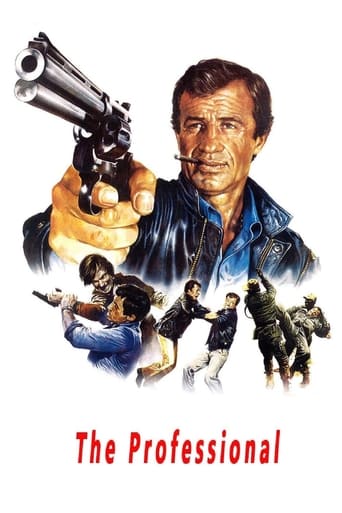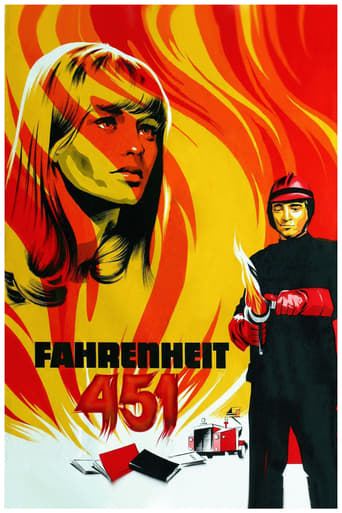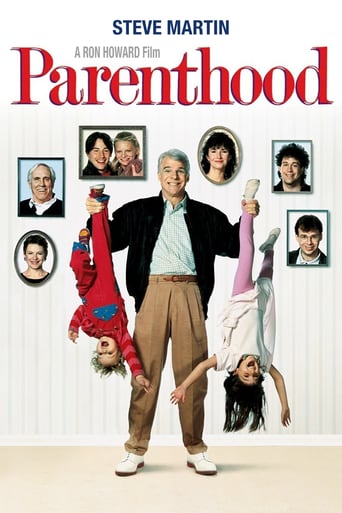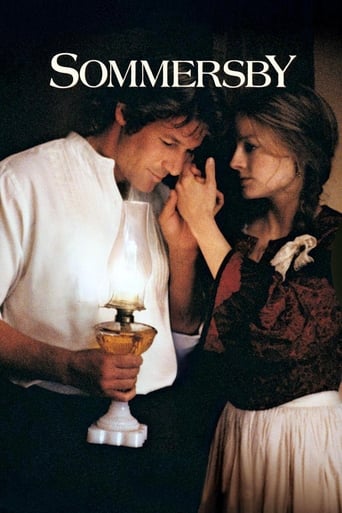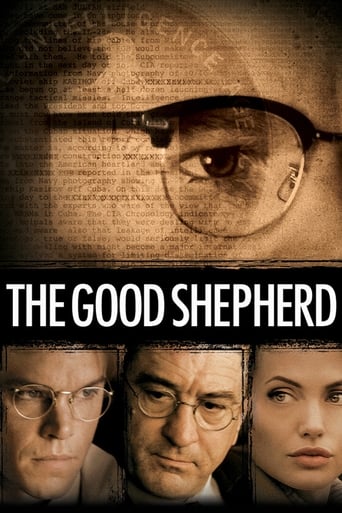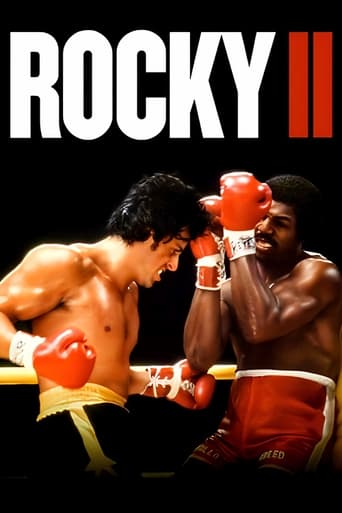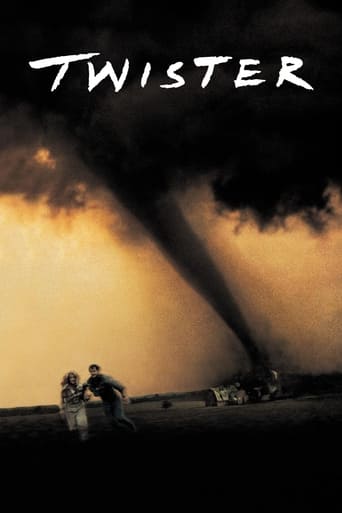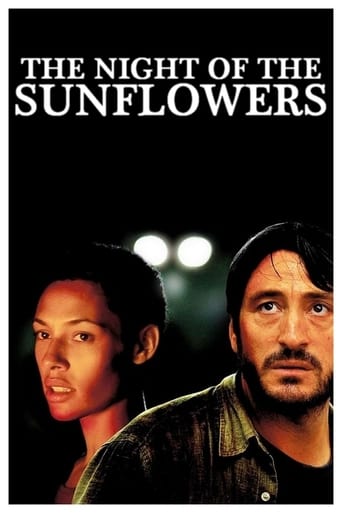
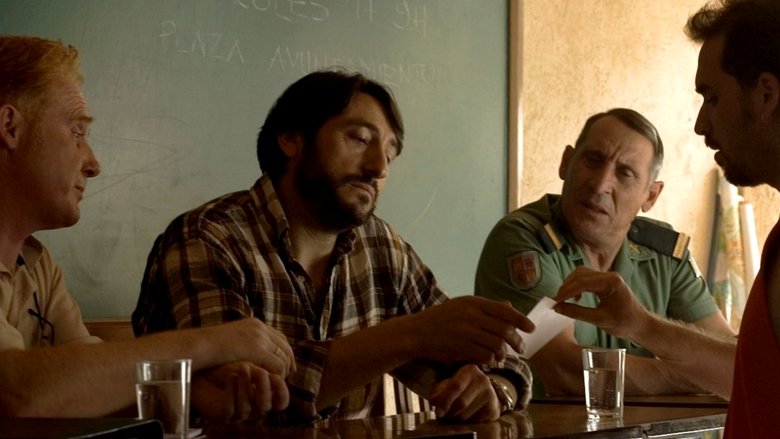
The Night of the Sunflowers (2006)
Two speleologists, Esteban and Pedro, travel to a mountainous area located in northern Spain, near a small village, to study a newly discovered cave and determine if it is of scientific interest, while Gabi, Esteban's wife, awaits their return on a lonely road at the foot of the mountain.
Watch Trailer
Cast


Similar titles
Reviews
Plenty to Like, Plenty to Dislike
The film may be flawed, but its message is not.
The acting in this movie is really good.
what a terribly boring film. I'm sorry but this is absolutely not deserving of best picture and will be forgotten quickly. Entertaining and engaging cinema? No. Nothing performances with flat faces and mistaking silence for subtlety.
"When the sunflower plant, Helianthus annuus, is in the bud stage, the head and the leaves do indeed track the path of the Sun. The genus name Helianthus is from the Greek helios "sun" and anthos "flower". Interestingly, however, and contrary to popular belief, once the massive topmost flower opens into the radiance of yellow petals, it slows and then stops moving, ending up permanently facing east." ---Solar flower, New Scientist, 3 August 2002Why am I quoting this interesting trivia? Sunflower buds, we all know, keep moving but a stage comes when it does not move any further. Why am I discussing the night? That's the name of the film. The only teeny-weeny bit about sunflowers in the film But then the sun is not relevant for the night, is it? The near oxy-moronic title give a life to the movie after the film is overin many ways similar to the disturbing Austrian-French film "Cache" made by Michael Haneke. For a cineaste who can sit through the film right up to the end of the film, the real punch line from the director comes in the form of an audible TV program statement about bees in a beehive, that do not attack unless provoked. This is an innocuous fact but is loaded with meaning in the context of the film's ending. This is a statement heard by the unpunished rapist on the prowl.The Spanish director Sánchez-Cabezudo's film is based on his own script. (He is the latest among formidable Spanish directors making good films based on their own scripts, following the tradition of the gifted directors, Amenabar and Almodovar). Most viewers would appreciate or find good entertainment in the film while mulling over in the different non-linear narrative segments of the story of rape, vigilante killing, extra-marital sex, corruption, village vs urban comparisons, love for a dead spouse. Each segment provides a different Rashomon-type perspective of sections of the same story from a different angle, as seen by a different character. The director uses a technique used in modern pulp literature most recently used by Dan Browne for his book The Da Vinci Code. While the technique might baffle a few, most viewers would derive entertainment as they are constantly challenged to derive the entertainment.The film offers dollops of entertainment ice-cream that most viewers want-mystery, exploration of new found caves, a rape scene, a brief scene of violent death, and some endearing performances from the actors. If presented as a straight chronological narrativethe story could be made into a typical Hollywood thriller. But why is it different? It is different because of its end.That is where the director and screenplay writer scores a bull's-eyefor a patient viewer who does not leave the theater once he sees the end credits begin to roll. The comment about the bees drive home the uncomfortable, parallel moral issues that Haneke raised in "Cache." Europeans and many of us prefer to retain status quo rather than rake up disturbing moral and social issues. It is convenient for us to do so. It is not because the issues are resolved. In this film the main culprit, a rapist is never brought to justice. If an attempt was made to bring him to justice, three persons would go behind bars for manslaughter, a homicide would surface, the reputation of an erring wife would become public knowledge, a good policeman's daughter would find out that her husband and father of her unborn baby is a corrupt cop and so on. The film is, therefore, not merely a film to be appreciated for its structure but its underpinning question on morality. The film shows us that evil is not limited to a rapist but to the best of us. A good man could do evil in a fraction of a second. And to defend lesser evils, the bigger evil gets away. Only to scar our conscience for ever. Spanish cinema is on the move this decade. Sánchez-Cabezudo's film is good but the post-script in his screenplay is truly formidable. There indeed comes a time these days when "sunflowers" mature, stop turning towards the sun and only face the east. Because it is convenient!
A hugely entertaining and thoroughly enjoyable experience, The Night Of The Sunflowers is a Spanish thriller which hallmarks the great traditions of European cinema, where a focus on characters and their interactions with each other is the prime driving force. Set in a secluded and seemingly serene Spanish village "Sunflowers" weaves a sinister tale of mistaken identity, love, hate and murder, which can only be described as compelling viewing. What the director Jorge Sanchez-Cabezudo is immediately noted for is his character development within the context of a story. 'Sunflowers' shifts its pace half through way throughout the film from murder intrigue to an entangled web of deceit, but all of this is shown and felt via the superb usage of the varied acting talents at his disposal. Cabezudo knows precisely what he is trying to achieve and does so with an assurance of a director with plentiful more experience, suffice to say his debut is impressive. Shot in a partially non-linear fashion it manages to portray, through chapter-styled segments, how each particular protagonist, and/or antagonist comes to be involved in this situation, providing for a greater well rounded feel and sense of fulfilment come the films finale.What is striking, though, is the theme of fractured relationships which runs vividly and often poignantly throughout the course of the film. The archaeologist and his wife and the untold issues they have who are 'seemingly' brought closer together as the shocking ordeal continues, the police deputy and his wife as he struggles through what he perceives to be a turgid and boring existence, and how he is unable to escape the restrictions imposed by his superior, and father-in-law, in all regards. Not just these, but the dealings of the elderly gentlemen on the outskirts and their eternal war of attrition, and even the title itself carries connotations of opposites being juxtaposed, The "Night" of the "Sun"flowers. The key issue revolves back to a notion of people becoming so infused and becoming so embroiled with their own side-stories, that in turn the key moment of the film is entirely forgotten. What Cabezudo intelligently points out is how we all can become distracted from what is important, that something so explosive came out of initially something so small that it makes you query characters; 'if they had done that', 'if they had done this' it wouldn't have happened. The Night Of The Sunflowers is a frighteningly intelligent, bordering on complex piece of theatre which is cleverly constructed and undoubtedly absorbing upon viewing, that actually gives the audience credit as being somewhat able to put pieces together. It is a truly good Spanish thriller that tackles not only conspiracy and murder, but the people that put themselves into these positions, and allow them to only continue and fester, becoming embroiled in revenge over justice. Whether it be the Sunflowers, roses, tulips or poppies, this is one night worth staying up for.
'The Night of the Sunflowers' is a superior Spanish thriller, telling the story of the tragic aftermath of an attack on a woman, and set against the backdrop of a dying, depopulated rural town. Technically, the film's merits include an evocative score, the subtle use of visual clues, and unmelodramatic acting. But perhaps the strongest aspect of the movie is the way it allows the viewer to see events from different perspectives, and thereby not only drives the evolution of the story, but also gives it a truly three-dimensional quality. The film begins with a segment which, nearing its end, savagely reverses the audience's expectations and sympathies; and thereafter, the story is told in achronological, overlapping fragments, each one offering a different perspective on events. And because of its technical merits, the film's use of this device never damages the naturalistic mood. As events reach their conclusion, you find yourself really caring about the characters, even the ostensibly unattractive ones. 'The Night of the Sunflowers' is a fine film, that never tries to pretend to be more than it is, but which offers rewards through the care with which it portrays its world.
I am always amazed at the number of Spanish directors who make movies outside the country and, also, have their movies premiered in various countries. Jaume Collet-Serra with "House of Wax"; Jaume Balagueró and "Darkness"; Alejandro Amenabar with "The Others" and "The Sea Inside"; now a guy with the sequel of "28 Days Later" and, of course, Almodóvar. The fact is that, if you realize, they are surprisingly good at achieving terror (or at least suspense); if you consider the films mentioned above. Well, there's a man named Jorge Sánchez-Cabezudo, and his film "La noche de los girasoles" ("The Night of the Sunflowers" in English) has definitely got some suspense, among other things.To begin with, the screenplay (by the director himself) has an unbelievable earnestness in its way of depicting people that have nothing to do with one another but, because of how small the world is, end up completely connected. How can I not get bored of movies that connect different things that ultimately become one? It's beginning to appear as an overly used technique with screenplays, but Sánchez-Cabezudo's sense of reality lets us forgive this little detail.His ingenuity comes from the fact that he presents each of the situations, with a very sarcastic written sentence in the black screen. Then, he places the characters in a completely remote area of the Spanish country where nothing interesting ever happens Until now, and it's better if I don't reveal any of the plot; because the events that happen target these people's need for excitement.Try to think that the movie is the typical American 'slasher' where teenagers on the road end up in a deserted town and someone (or something) tries to hunt them down. Now change the teenagers for grown up people, and that 'someone' for nothing. There's no reason why something should be waiting for you in the most boring place; but that's the way 'slashers' think. In this unexciting environment, when one character comes from work, his wife asks how everything went and he has no better answer than: "The same as usual". Actually, this is a phrase that the script didn't even need to include, because the viewer understands the monotony the characters live with immediately. The actors portray all these mixed feelings with accuracy; specially Celso Bugallo as an old cop near retirement, and Vicente Romero as a younger one who, at one point, has to deal with a case while being drunk. The rest of the cast couldn't seem to be more normal than you and me; the kind of people you can imagine existing, with the slight difference that the scary music that plays in the background as they drive wouldn't play in their regular cars."La noche de los girasoles" captures your attention as the director captures the attention of his characters with his simple but original style; because the movie is, if anything, an exercise of perspectives, and one that you won't regret watching.






